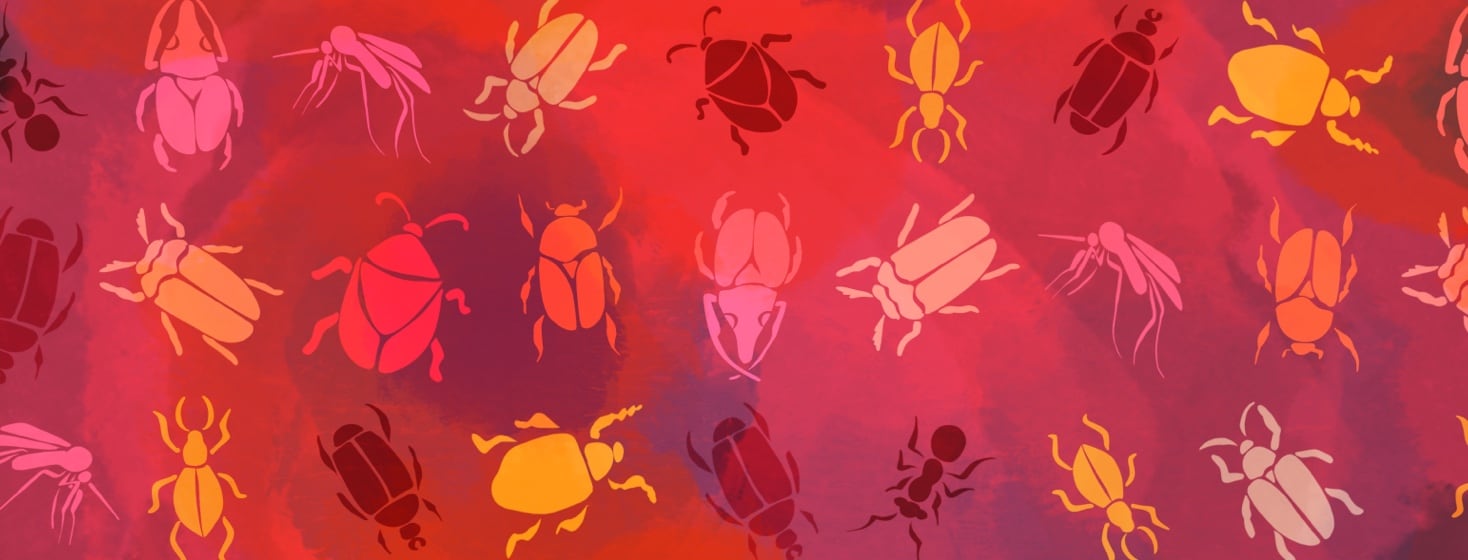Understanding Psoriasis: What is Formication?
Have you ever felt like bugs were crawling under your skin? You are not alone. That creepy feeling may not be discussed much, but it does have a name. The odd sensation that feels like insects crawling across or underneath the skin is called formication. It can be a symptom of psoriasis.
To learn more about the experiences of community members, we turned to followers of our Facebook page. We asked you to tell us: “Does anyone experience formication? You know, that creepy, crawling sensation under your skin?”
Exploring the medical details, along with the community perspective, can give you better insight into formication.
Taking a look at this strange symptom
Some people with psoriasis experience a feeling of bugs crawling under their skin. It can also feel like an itching, burning, or pins and needles sensation on the skin. Some people only feel these sensations on their affected skin, while others experience it all over their body.1
You might feel hesitant to discuss this weird sensation with your doctor or loved ones, but you are not alone. Our community members weighed in with their experiences with formication:
“Feels like bugs crawling under your skin, I hate it.”
“I have that all the time, but I never knew there was a word for it.”
“Yes, I have this feeling. I was convinced I had bugs until I researched psoriasis. Two doctors blew it off when I voiced my concern about it.”
“The tiny little pinprick sensations too!”
“[I feel it] especially near my forehead going toward the middle of my head. Such a weird feeling.”
What causes this bug-like feeling?
The underlying cause of formication in psoriasis is still unknown. However, doctors think it could be caused by nerve irritation. Besides psoriasis, some other causes of formication can include:2
- Lyme disease
- Substance abuse
- Nutritional deficiencies
- Grover’s disease
- Scabies
- Diabetic neuropathy
- Central nervous system disorders such as multiple sclerosis
Is is related to delusional parasitosis?
People with delusions of parasitosis (DOP) have a steadfast but false belief that they are infested with bugs. DOP is classified as a primary psychiatric disorder. If a person has delusional parasitosis, their symptoms are not caused by a skin condition. The itchy and crawling sensations feel real. A person may pick, scratch, or manipulate their skin to find relief.1,2
People with formication have similar crawling, biting, itching, or burning sensations on or under their skin. The main difference is people with formication do not believe the symptoms are because of bugs or parasites. They are aware the feeling is not due to an infestation.2
Featured Forum
View all responsesTips for management
Itching or picking at an area of the skin that feels as though it is crawling with bugs may provide some brief sense of relief. However, it is not a good idea. That can lead to open wounds, scars, and infection.1,2
Because formication can be debilitating, there may be some drug therapy options available. If you experience formication, talk to your doctor. They can rule out any other underlying conditions, suggest medicine, and offer a long-term treatment plan.
Community members say topical creams like hydrocortisone and antihistamines like Benedryl or Zyrtec can help provide relief. Some community members also mentioned that their symptoms became worse after eating certain foods containing dairy and gluten. Changes in your diet may help, though talk to your doctor about what is right for you.

Join the conversation